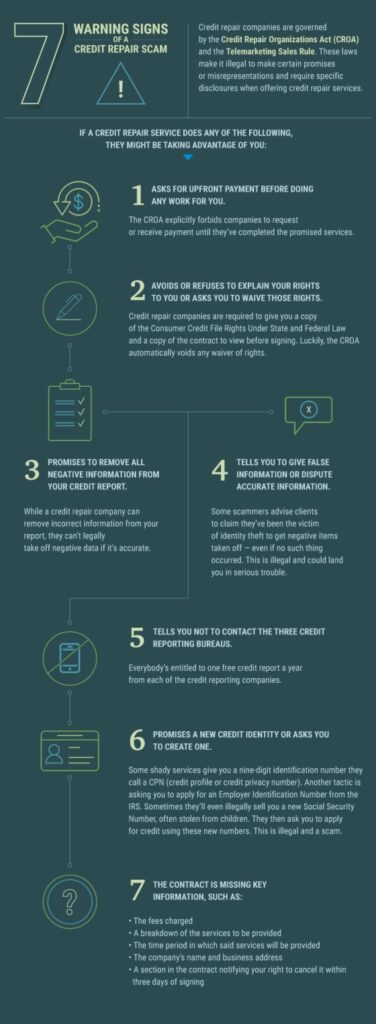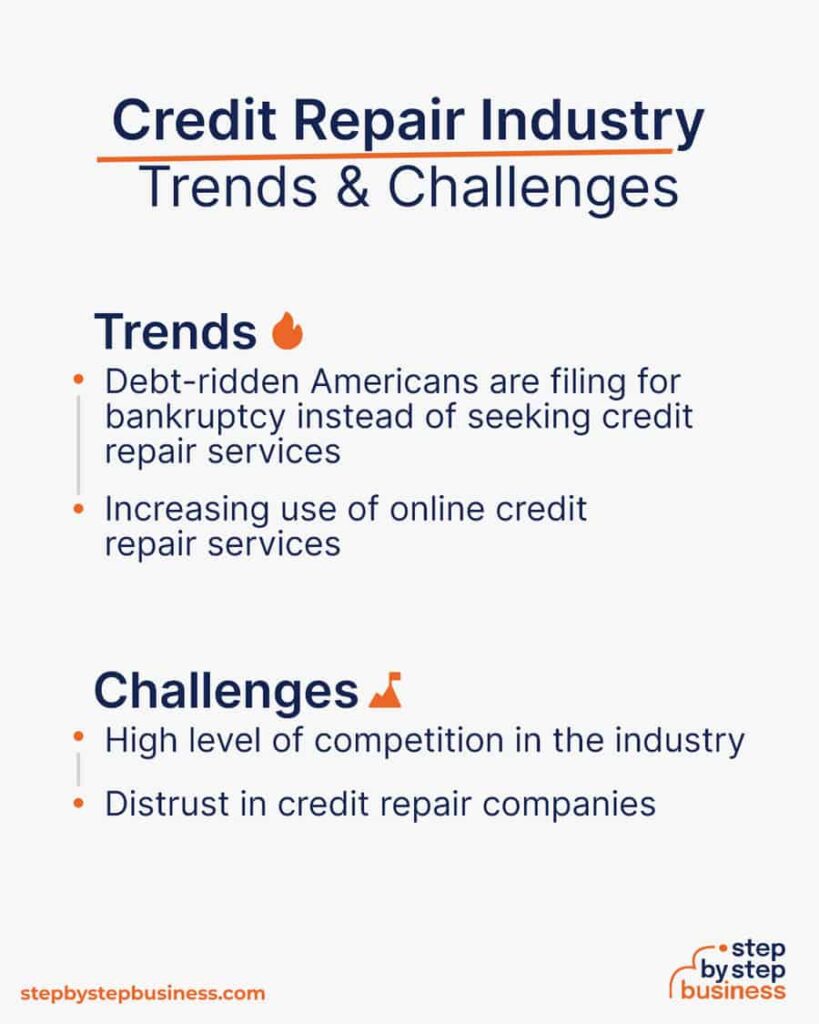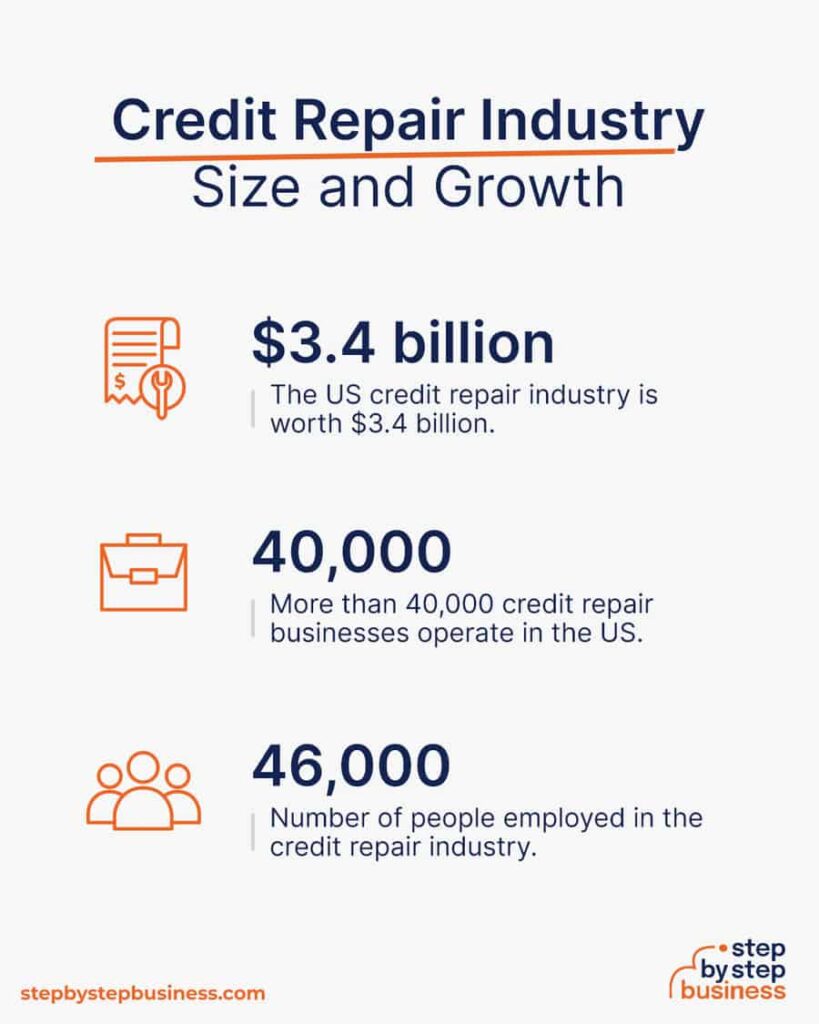In this article, you will learn about the challenges that small business owners face when it comes to credit repair, as well as some solutions to help overcome these challenges. As a small business owner, you may be dealing with issues related to credit scores, late payments, collections, and more. It’s important to understand the basics of credit repair and how to improve your creditworthiness, as this can have a significant impact on the success of your business.
One challenge that small business owners often face is fixing errors on their credit reports. Mistakes happen, and they can negatively impact your credit score. It’s important to regularly check your credit reports for any errors or inaccuracies and take the necessary steps to correct them. Additionally, small business owners may also struggle with late payments, which can have a detrimental effect on their credit scores. Finding ways to improve your cash flow and manage your finances effectively can help you avoid late payments and maintain a positive credit history.
Basics of Credit Scores
Understanding credit scores
As a small business owner, understanding credit scores is crucial for your financial success. A credit score is a three-digit number that represents your creditworthiness and indicates the likelihood that you will repay your debts. Lenders, suppliers, and even potential business partners rely on your credit score to assess the risk of doing business with you. The higher your credit score, the more favorable terms and opportunities you can access.
How credit scores are calculated
Credit scores are calculated using various factors. While different credit bureaus may have slightly different algorithms, the most commonly used credit scoring model is the FICO score. The FICO score relies on five main factors: payment history, amounts owed, length of credit history, new credit, and credit mix. Each factor has a different weight in determining your overall credit score.
Factors that affect credit scores
Several factors can positively or negatively impact your credit scores. Late payments, high credit card balances, bankruptcy, and accounts in collections can all have a detrimental effect on your credit score. On the other hand, a long credit history, low credit utilization, and a mix of different types of credit accounts can boost your creditworthiness.
Fixing Errors
Identifying errors on credit reports
It’s important to regularly review your credit reports from the three major credit bureaus – Equifax, Experian, and TransUnion – to identify any errors or inaccuracies that may be dragging down your credit score. Look for incorrect personal information, accounts that don’t belong to you, and late payments that were reported inaccurately.
Disputing errors with credit bureaus
If you find errors on your credit reports, you have the right to dispute them with the credit bureaus. The Fair Credit Reporting Act (FCRA) entitles you to have inaccurate or incomplete information corrected. Contact the credit bureaus in writing, providing detailed explanations and any supporting documentation to support your dispute. The credit bureau will investigate your claim and either correct the error or provide you with an explanation as to why they believe the information is accurate.
Seeking legal assistance for errors
In some cases, disputing errors on your credit reports can be a complex and time-consuming process. If you’re facing difficulties or are unsure how to proceed, it may be beneficial to seek legal assistance from a credit repair attorney or a reputable credit repair company. These professionals have the expertise and experience to navigate the credit reporting system, negotiate with creditors, and help you achieve the best possible outcome.

This image is property of img.money.com.
Debunking Myths
Common credit repair myths
There are several common credit repair myths that can confuse small business owners. One common myth is that paying off a debt will automatically remove it from your credit report. While paying off a debt is important for your financial well-being, it doesn’t guarantee that the account will be immediately removed from your credit report.
Separating fact from fiction
It’s essential to separate fact from fiction when it comes to credit repair. Some unscrupulous companies may promise quick fixes or guarantee to remove negative information from your credit reports. However, it’s important to note that accurate information cannot be removed from your credit report by credit repair companies. By understanding the legitimate methods and timeframes involved in credit repair, you can avoid falling prey to scams and make informed decisions about improving your creditworthiness.
Misconceptions about credit scores
There are also many misconceptions about how credit scores are calculated and the impact they have on your financial life. One common misconception is that checking your own credit report will negatively affect your credit score. In reality, this type of inquiry, known as a soft inquiry, has no impact on your credit score. Only hard inquiries, which occur when you apply for new credit, can temporarily lower your credit score.
Building Credit
Establishing a credit history
If you’re a small business owner with limited or no credit history, building credit is essential. Start by opening a small business credit card or obtaining a secured credit card, which requires a cash deposit to serve as collateral. Make regular, timely payments to establish a positive credit history and gradually build your credit score.
Types of credit accounts to build credit
In addition to credit cards, other types of credit accounts can help you build credit. These include business loans, equipment financing, and lines of credit. Be sure to manage these accounts responsibly and make all payments on time to demonstrate your creditworthiness to lenders and potential business partners.
Tips for responsible credit usage
Responsible credit usage is key to maintaining a good credit score. Keep your credit utilization ratio below 30% by only using a portion of your available credit. Make all payments on time and in full every month to avoid late payment fees and negative impacts on your credit score. Regularly monitor your credit reports to identify any potential issues and address them promptly.

This image is property of stepbystepbusiness.com.
Utilization
Understanding credit utilization ratio
Credit utilization ratio refers to the amount of credit you’re using compared to the total credit available to you. It’s an important factor in determining your creditworthiness. To calculate your credit utilization ratio, divide your total credit card balances by your total credit limits, then multiply by 100 to get a percentage.
Managing credit card balances
To maintain a healthy credit utilization ratio, it’s important to manage your credit card balances effectively. Ideally, aim to keep your balances below 30% of your total credit limit. If your balances are consistently higher, consider making multiple payments throughout the month to keep them in check.
Strategies to reduce credit utilization
If your credit utilization ratio is high, there are several strategies you can employ to reduce it. Paying down your credit card balances is the most effective way to lower your utilization. You can also request credit limit increases or open new credit accounts to increase your available credit, which will lower your utilization ratio. However, be cautious when opening new accounts, as too many inquiries and new accounts can negatively impact your credit score.
Late Payments
Impacts of late payments on credit scores
Late payments can have a significant negative impact on your credit scores. Payment history is one of the most influential factors in determining your creditworthiness, and even a single late payment can lower your credit score. Late payments can stay on your credit report for up to seven years, making it crucial to make all payments on time.
Tips to avoid late payments
To avoid late payments, set up automatic payments or reminders to ensure that you never miss a due date. Consider using financial management tools that can help you track your payment obligations and send notifications when payments are due. If you’re facing financial difficulties, reach out to your creditors to explore payment options or negotiate adjusted terms.
Recovering from late payments
Recovering from late payments takes time and consistent responsible credit behavior. Make all future payments on time, communicate with your creditors, and focus on building a positive payment history. Over time, the negative impact of late payments will diminish, and your credit scores will improve.

This image is property of stepbystepbusiness.com.
Credit Repair vs. Debt Settlement
Differences between credit repair and debt settlement
Credit repair and debt settlement are two distinct approaches to improving your financial situation. Credit repair focuses on addressing errors, inaccuracies, and outdated information on your credit reports to improve your creditworthiness. Debt settlement, on the other hand, involves negotiating with creditors to reduce the amount you owe and potentially settling the debt for less than the full amount.
Pros and cons of each approach
Credit repair can be a valuable strategy for small business owners who have inaccuracies or errors on their credit reports. It can help improve your credit scores and increase your access to financing and favorable business terms. Debt settlement, while it may provide short-term financial relief, can have long-lasting negative effects on your credit scores and may not always be the best solution for small business owners.
Determining the best strategy for small business owners
The best strategy for small business owners depends on their specific financial circumstances and goals. If you have inaccuracies on your credit reports, credit repair is a logical first step. However, if you’re struggling with overwhelming debt, it may be wise to consult with a financial advisor or credit counselor to explore all available options and determine the best approach for your unique situation.
Collections and Charge-offs
Dealing with collections accounts
Collections accounts occur when a creditor or debt collector pursues payment for a debt that has been past due or unpaid. These accounts can severely impact your credit scores and make it challenging to access new credit or secure favorable business terms. If you have collections accounts, contact the creditor or debt collector to negotiate a repayment plan or settle the debt.
Understanding charge-offs
A charge-off is a classification that creditors use when they determine that a debt is unlikely to be repaid. While a charge-off indicates that the creditor has given up on collecting the debt, it doesn’t absolve you of your responsibility to repay it. Charge-offs remain on your credit report for up to seven years and can have a significant negative impact on your credit scores.
Negotiating settlements with creditors
If you’re unable to pay off your debts in full, negotiating settlements with your creditors can be an option. Contact your creditors to discuss your financial situation and explore the possibility of settling the debt for a reduced amount. It’s important to get any settlement agreement in writing and ensure that it includes provisions to update your credit report accordingly.

This image is property of dreamcyberinfoway.com.
Hiring Repair Companies
Researching and selecting reputable credit repair companies
If you decide to hire a credit repair company to assist you, it’s crucial to do your research and select a reputable company. Look for companies with a track record of success, positive reviews, and a transparent pricing structure. Avoid companies that make false promises or ask for payment upfront.
Understanding the services provided
Credit repair companies offer a range of services to help you improve your creditworthiness. These may include reviewing your credit reports, disputing errors, negotiating with lenders, and providing personalized advice and guidance. It’s important to have a clear understanding of the services provided before entering into an agreement with a credit repair company.
Evaluating the cost-effectiveness of hiring a repair company
The cost of hiring a credit repair company can vary widely. Some companies charge a monthly fee, while others charge a flat fee for specific services. Evaluate the cost-effectiveness of hiring a credit repair company by considering the potential benefits and improvements in your credit scores. Compare the cost of hiring a professional to the potential savings or opportunities you may gain by having better credit.
Maintaining Good Credit with Habits
Habits and practices for long-term credit maintenance
Maintaining good credit requires adopting healthy financial habits and practices. Make it a priority to pay all bills on time, keep your credit card balances low, and regularly review your credit reports for accuracy. Creating a budget, tracking expenses, and saving for emergencies can also contribute to long-term credit maintenance.
Budgeting and financial management tips for small business owners
Small business owners face unique challenges when it comes to managing their finances. Creating a detailed budget that includes both business and personal expenses can help you stay on track and ensure that you have enough cash flow to meet all financial obligations. Separate personal and business expenses and keep accurate records to simplify tax preparation and improve financial management.
Building and maintaining good credit habits for business success
Building and maintaining good credit habits is crucial for the success of your small business. Consistently paying your bills on time, keeping your credit utilization low, and responsibly managing your credit accounts will not only improve your credit scores but also enhance your business’s credibility and reputation. Good credit habits can open doors to more favorable financing options, potential partnerships, and growth opportunities.
In conclusion, credit repair for small business owners presents unique challenges but also offers opportunities for financial growth and success. By understanding the basics of credit scores, fixing errors on credit reports, debunking common myths, and implementing strategies to build and maintain good credit, you can overcome these challenges and create a solid foundation for your business. Remember that credit repair is a continuous journey that requires patience, diligence, and responsible financial management.

This image is property of assets.forafinancial.com.
